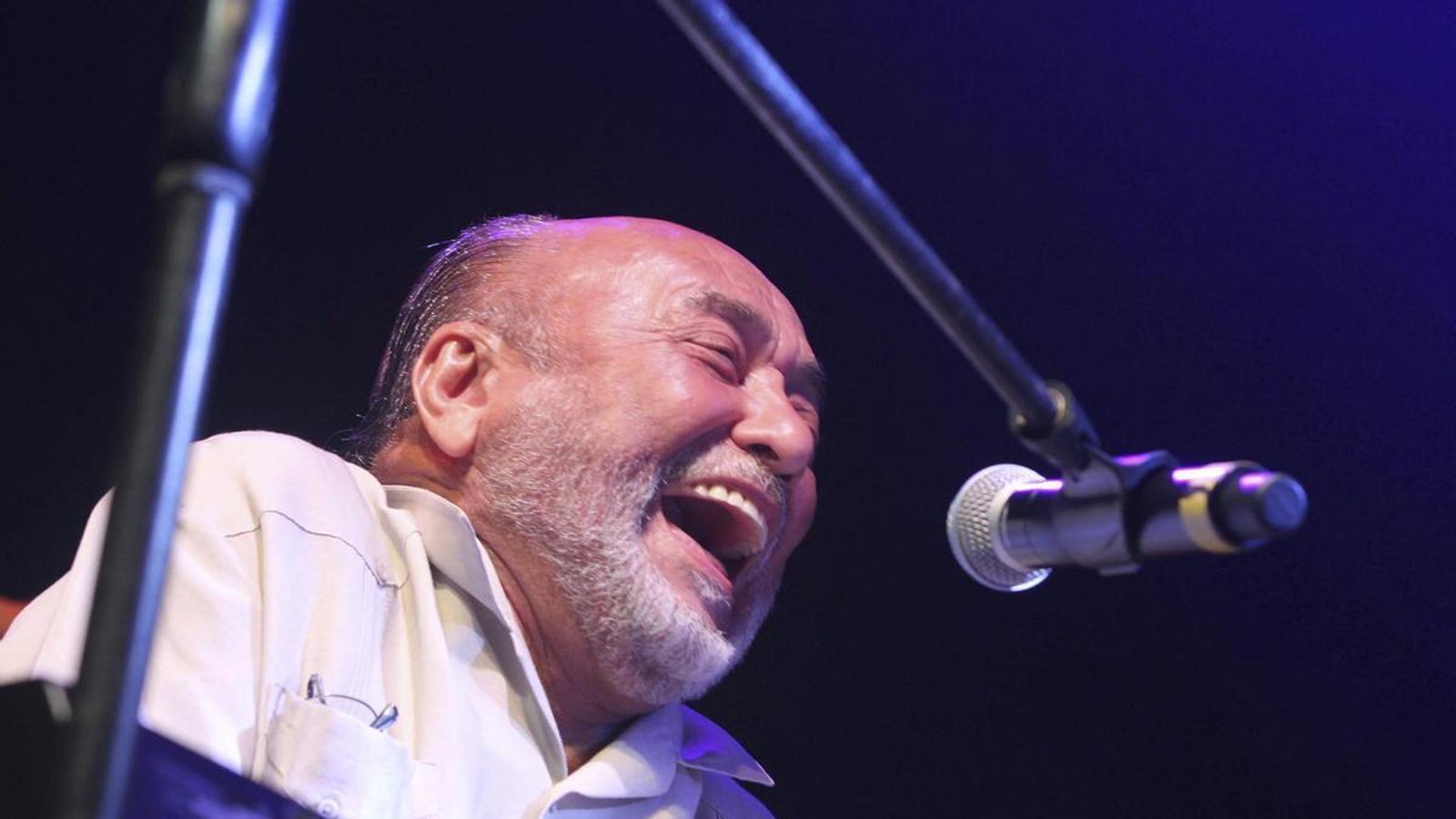Eddie Palmieri, the 'Beethoven' of salsa, dies at 88.
The pianist, composer and bandleader won the first Grammy specifically for a Latin music album in 1976.

BarcelonaHe piano rumba player and the Beethoven of salsa He has died at the age of 88. These are some of the names that critics and musicians gave to Eddie Palmieri, the innovative pianist, composer, and bandleader who revolutionized salsa from the Bronx, New York. His young daughter, Gabriela Palmieri, was the one who confirmed his death, which occurred this Wednesday after a "long illness."
Palmieri was the son of Puerto Rican parents and was born in 1936 in the Hispanic neighborhood of Harlem, New York. His older brother, Charlie Palmieri, was the one who taught him to play the piano and introduced him to Latin music clubs. "Charlie was my hero; everything I know about the piano I learned from him," Eddie Palmieri said in an interview. He grew up surrounded by mambo, guaracha, jazz, and Afro-Caribbean sounds. His first instrument was the timbale, which he played in his uncle's orchestra, but he soon switched to the piano, eventually becoming one of the most innovative pianists of his generation.
At just 11 years old, he took to the stage at Carnegie Hall in Manhattan as part of a school competition, and at 15 he was already accompanying local mambo and salsa orchestras in the Bronx, Harlem, and the Lower East Side. At 25, he created La Perfecta, his first band, with which he would break conventions by replacing the usual trumpets with a trombone section, deeper and more forceful, and with rhythms somewhere between tradition and experimentation. "I've always wanted my piano to sound like it was part of the percussion section," he explained. He signed the singer Ismael Quintana and assembled a rhythm section designed for both dance halls and musical experimentation: "With La Perfecta, I wanted to sound like a big band, but with only eight musicians." The band became a phenomenon in New York and redefined the sound codes of the genre.
His music was not always easy to label: some considered it too strange for dancing and others, too Latin for jazz. As a pianist he was unclassifiable because he combined already cuts and an almost percussive use of his instrument. Throughout more than sixty years of career, Palmieri released nearly forty albums, many of which are milestones in the history of Latin music. Eddie Palmieri and La Perfecta (1962), which already showed his groundbreaking style, and consolidated his success with titles such as The Perfect II (1965) and Molasses (1967).
His most recognized album, The sun of Latin music (1974), marked a milestone by winning the first Grammy specifically for a Latin music recording. In his later projects, Wisdom (2017) and Circle sheet (2018), Palmieri continued to reinvent himself, reinterpreting his classics with renewed energy and intact creativity. During his career, he shared the stage with Tito Puente, Cal Tjader, Mongo Santamaría and La India, for whom he produced the album India came to life, via Eddie Palmieri (1992), considered one of the best salsa albums in history by Rolling Stone.
New York's legendary Blue Note Jazz Club was almost a second home for Palmieri, who performed there for decades and had a highly celebrated residency in 2023, already 86 years old and having suffered a cardiac arrest. "My heart failed me, but my rhythm never did," she said in an interview on The New Yorker, where he made it clear that he had no intention of stopping making music. He was also scheduled to perform at Primavera Sound in 2023, but his doctor advised him not to travel, and he ultimately canceled the concert.
